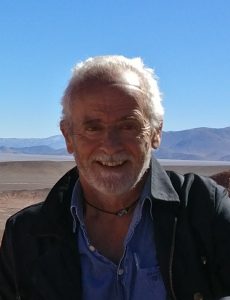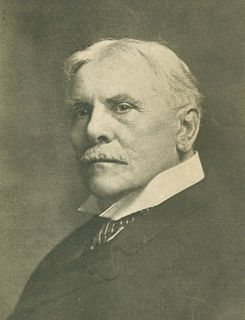A Quote by Chiwetel Ejiofor
Reporters tend to launch on what seems to be the clearest, most stark aspects of someone's life in terms of an interview.
Related Quotes
It is the basic principle of spiritual life that we learn the deepest things in unknown territory. Often it is when we feel most confused inwardly and are in the midst of our greatest difficulties that something new will open. We awaken most easily to the mystery of life through our weakest side. The areas of our greatest strength, where we are the most competent and clearest, tend to keep us away from the mystery.
There's always apprehension whenever I launch anything, it seems. When I launch a tour, people are always, 'Oooh, is this gonna work?' And when I launch an album: 'Ooh, is this gonna work?' Or a new video. 'Really?' It's always like that - but I've always acted on the impulse that I have nothing to lose.
I am thoughtful about introducing terms that tend to be in circulation primarily in academic circles. "Homonormativity" and "homonationalism" are by no means solely academic terms, and in fact circulate in important ways in many activist circles, but in general I find them to be terms that most people I meet are not familiar with.




































